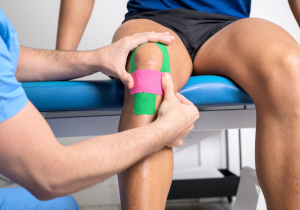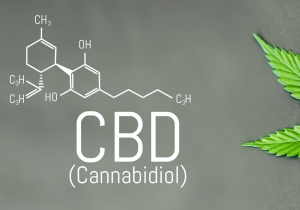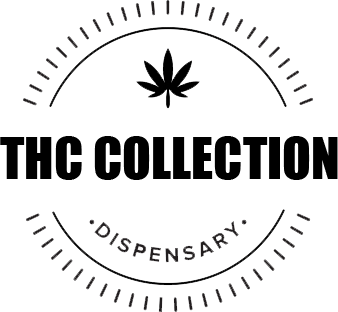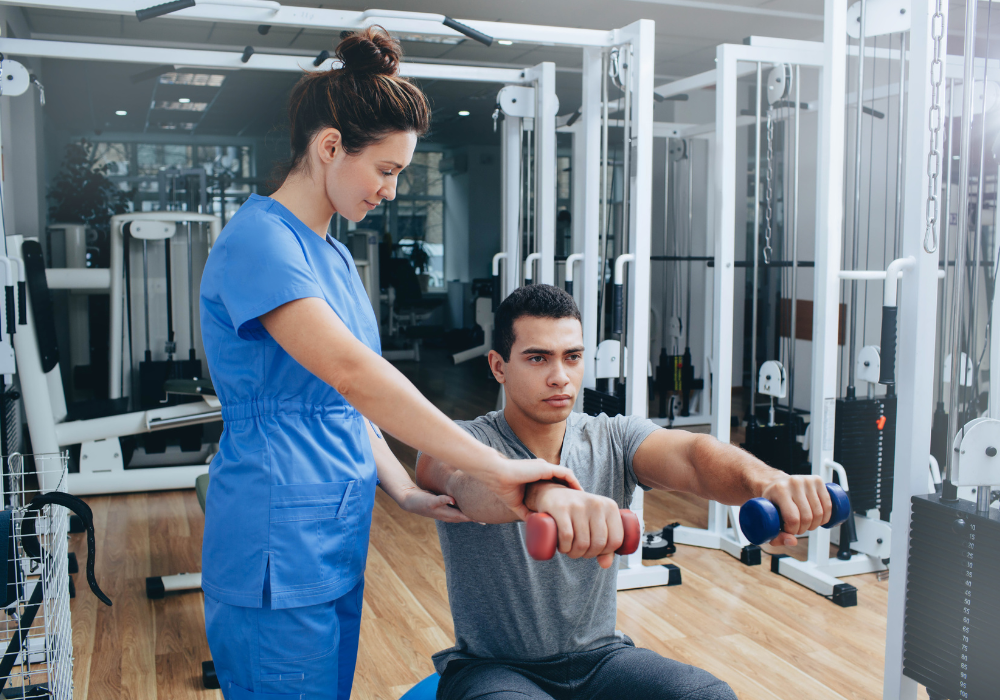Cannabis has been utilized for medicinal purposes for thousands of years, dating back to ancient civilizations that harnessed its therapeutic properties. Today, as scientific research continues to explore the potential benefits of cannabis, athletes are beginning to take a keen interest in how this versatile plant might aid in their athletic recovery processes.
With athletic demands pushing the body to its limits, recovery becomes an essential part of maintaining peak performance. This blog post delves into the science behind cannabis and its potential role in improving athletic recovery, providing athletes with insights that could enhance their training routines and overall well-being.
The Science of Recovery
To understand how cannabis might aid in recovery, it’s crucial first to grasp the body’s natural recovery process after intense physical activity.
 The Recovery Process
The Recovery Process
- Muscle Damage and Repair: Physical exertion causes microscopic damage to muscle fibres, leading to inflammation and soreness. The body initiates a repair process, which includes the activation of satellite cells that fuse to damaged muscle fibres, aiding in the repair and growth of new muscle tissue.
- Inflammation: Inflammation is a natural response to muscle damage, signalling the body to begin the healing process. However, excessive inflammation can prolong soreness and delay recovery.
- Rest and Sleep: Adequate rest and quality sleep are paramount for effective recovery, allowing the body to repair tissues, synthesize proteins, and replenish energy stores.
Introduction to Cannabinoids
Cannabinoids are the active compounds found in cannabis, with THC (tetrahydrocannabinol) and CBD (cannabidiol) being the most well-known. These compounds interact with the body’s endocannabinoid system (ECS), which plays a significant role in regulating a variety of physiological processes, including pain, inflammation, and sleep.
Cannabis and Athletic Recovery
One of the primary reasons athletes consider cannabis for recovery is its potential in pain management. Traditional pain relief methods, such as NSAIDs and opioids, come with a range of side effects and risks. Cannabis, particularly CBD, has shown promise as a natural alternative for managing pain without the addictive properties of opioids.
Quality sleep is a cornerstone of athletic recovery. Cannabis, especially strains high in CBD, has been reported to help improve sleep quality by reducing anxiety and promoting relaxation.
Research Insights
- A 2019 Study: Published in Frontiers in Pharmacology, it demonstrated that CBD could help alleviate symptoms of insomnia and improve sleep quality.
- Athletes’ Testimonials: Many athletes have reported better sleep patterns and quicker recovery times when incorporating cannabis into their recovery regime.
Anti-inflammatory Effects
Inflammation, while a natural part of the recovery process, can become detrimental if prolonged. Cannabinoids have been studied for their anti-inflammatory properties, potentially aiding in faster muscle recovery and reduced soreness.
 Scientific Evidence
Scientific Evidence
- A 2017 Study: Published in Free Radical Biology and Medicine, it showed that CBD has anti-inflammatory effects that could benefit athletes by reducing muscle soreness and speeding up recovery times.
- Animal Studies: Have also indicated that cannabinoids may reduce inflammation and oxidative stress, offering further potential benefits for athletic recovery.
Legal and Ethical Considerations
The use of cannabis in sports is a topic of ongoing debate, with varying regulations across different leagues and countries.
Current Regulations
- WADA (World Anti-Doping Agency): Permits the use of CBD but prohibits THC above a certain threshold. Athletes must be aware of their respective league’s stance on cannabis to avoid sanctions.
- Professional Sports Leagues: Have differing policies, with some starting to relax their rules on cannabis use. For instance, the NFL and NBA have begun re-evaluating their stance in light of emerging research and changing public perception.
Fairness and Legality
It’s essential to consider the ethical implications of cannabis use in sports. Ensuring a level playing field and maintaining the integrity of competition is paramount. Athletes should approach cannabis use responsibly, adhering to legal guidelines and ethical standards within their sport.
Cannabis presents intriguing possibilities for improving athletic recovery through its pain management, sleep enhancement, and anti-inflammatory properties. As research continues to unfold, athletes may find new ways to integrate cannabis into their recovery routines safely and effectively.

